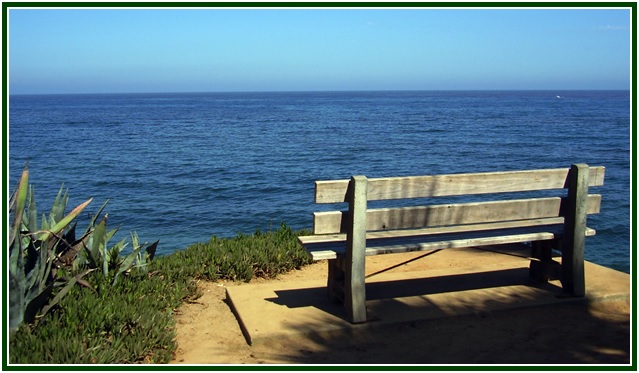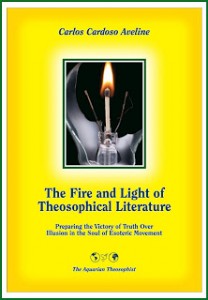
Unconditional Contentment Takes Courage
Carlos Cardoso Aveline

Happiness is a central and legitimate goal in life. It cannot be confused with passing satisfaction or short term pleasure.
In the medium and long term the search for selfish joyfulness generates more suffering for oneself and for others. Happiness also cannot be obtained in vicarious or indirect ways. It is impossible to get to inner tranquility by mere belief.
Greek and Roman philosophers studied the art and science of happiness. Ancient philosophy sees theory and practice as inseparable. The entire development of the love for wisdom took place around the search for the fullness of human being. In the new age, classical and ethical philosophy must be cherished for a practical reason: it teaches us the way to true happiness.
Hipparchus wrote:
“Since men live but for a very short period, if their life is compared to the whole of time, they will, as it were, make a most beautiful journey if they pass through life with tranquility.” [1] The paradox in the sentence is that, “since life is short, we must live slowly”.
Discernment invites us to seek for spiritual goals.
One must do what one loves, and love what one does. “I do not have everything I love, but I love everything I have”, says the sensible pilgrim.
The courageous acceptance of difficulties is a common tenet among Pythagoreans, Stoics and Neoplatonists. If you try to think that life must be easy or ought to comply with your wishes, you are but sowing pain and suffering for yourself. If you do not distort facts and look at the challenging aspects of reality just as they are, you are setting into motion the causes of inner freedom, greatness of soul, and true wisdom.
Happiness takes place here and now, if we leave aside personal anxiety, fears and ambition, and dwell in unconditional tranquility, in order to listen to the voice of the silence.
NOTE:
[1] “On Tranquility”, by Hipparchus, in “The Pythagorean Sourcebook and Library”, Compiled and Translated by Kenneth Sylvan Guthrie, Phanes Press, Grand Rapids, Michigan, USA, 1987, 361 pp., see p. 247.
000
Read also the articles “From Fear to Happiness”, “Optimism in Esoteric Philosophy”, “All Life Is Good” and “The Opportunities Ahead of Us”, by CCA.
000
On the role of the esoteric movement in the ethical awakening of mankind during the 21st century, see the book “The Fire and Light of Theosophical Literature”, by Carlos Cardoso Aveline.

Published in 2013 by The Aquarian Theosophist, the volume has 255 pages and can be obtained through Amazon Books.
000